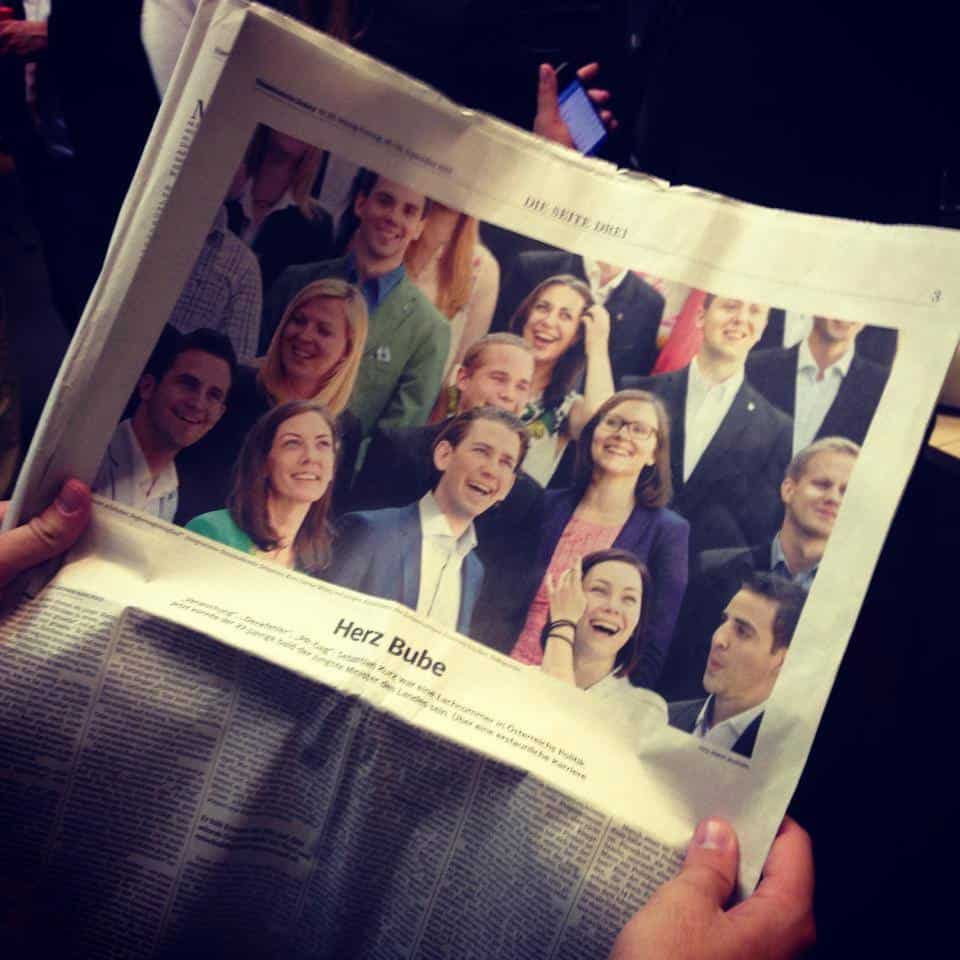In the last weeks, we have witnessed growing tensions regarding public opinion associated to topics that remain unresolved in Portugal, but also around the world. With its genesis in the USA, the anti-racism and pro-equality protests, following George Floyds murder, have substantially increased. The #BlackLivesMatter movement has given a platform to discontent and indignations, but vandalism and destruction have partially taken over the protests and media spaces.
What began as peaceful and justified protest, swiftly became a battle of hate and violence fueled by extremism. Initially, the protests acted a means to raise awareness on racial discrimination but what followed was anger that resulted in vandalizing and defacing statues of historic relevance.
History will be remembered and will either remind us of the importance of what needed to be done or remind us of what cannot be repeated. In addition, the conflict between social rights and the right to propriety (public or private), which some have attempted to explore, deserves consideration. This leaves to question whether there was just ground to deface Churchills statue, who was a defender of the free world against Nazi totalitarianism. What about the attacks on Lincoln’s memorial, who abolished slavery in the US? Or even Priest Antonio Vieira, a progressive missionary from the 17th century, who protected slaves and indigenous people?
What we are witnessing is growing polarization of scenarios, which seeks shelter in the intolerance of ideology, religion and race. Therefore, it is vital that the moderate forces participate, guide and appease a society that acts when blinded by emotions. Only moderation can effectively resolve the problems. When the moderate narrative and opinions are excluded in dire situations, radicalism and populism steal its leading role. Thus, the core of the debate is lost and falls inevitably in its extremes.
Racism is far more complex than a tweet limited to 230 characters or pictures might lead us to believe. Therefore, it is crucial to reflect more profoundly on the root of this phenomenon.
What is the reason behind some societies associating certain racial and ethnic minorities with crime, unemployment and exclusion? These past weeks of turmoil have resulted in discussions surrounding rights and discrimination, but we tend to avoid discussing the root which includes economic inequality, the vicious cycle of poverty, lack of equal opportunities political ‘point-scoring’ systems and violence.
In the US, disparity between the wealth in white and black households have always existed. Many years after the start of the Great Society programme (by President Lyndon B. Johnson), which aimed to eradicate poverty and racial disparities, one can see that the average wealth a white household is $933,700, 6.75 times higher than its black counterpart ($138,200). When comparing these figures to 1962, where the average wealth of the white
household was circa 7 times higher compared to the black household, it can be deduced that effective progress has been very low. If similar data was available in Portugal, we would be equally surprised by such disparities.
It appears as if very little has changed, and that the status quo has been kept. If an individual, who is excluded from the job market, does not have conditions to generate income and support himself/herself and the family, such a person does not have the means to pursue higher education (nor support a member of the household who could).These households are denied access to the social elevator which results in social/financial inequality.
In fact, we must question whether the costs on society as a consequence of a lack in social cohesion and opportunities is higher than the cost in supporting households in need of training and education.
Education is the best chance for those who are marginalized, and it is our societal duty to guarantee that everyone has this opportunity. How else can we defend other social contracts? The lack of income and propriety limits the freedom of an individual and their family as well as their life choices. This can be juxtaposed with Sisyphus who faced eternal punishment with rolling a boulder up a hill and never reaching the end.
The fight against racism and social inclusion requires social support and education, which must be a priority for every government, regardless of its political ideology. Equal opportunities continue to be a challenge even in the most developed countries. Human rights and fighting inequality are not matters of the left or the right but instead it is everyone’s duty to put themselves in the shoes of others.
Text originally published in Portuguese in Publico newspaper, 21.06.2020.







